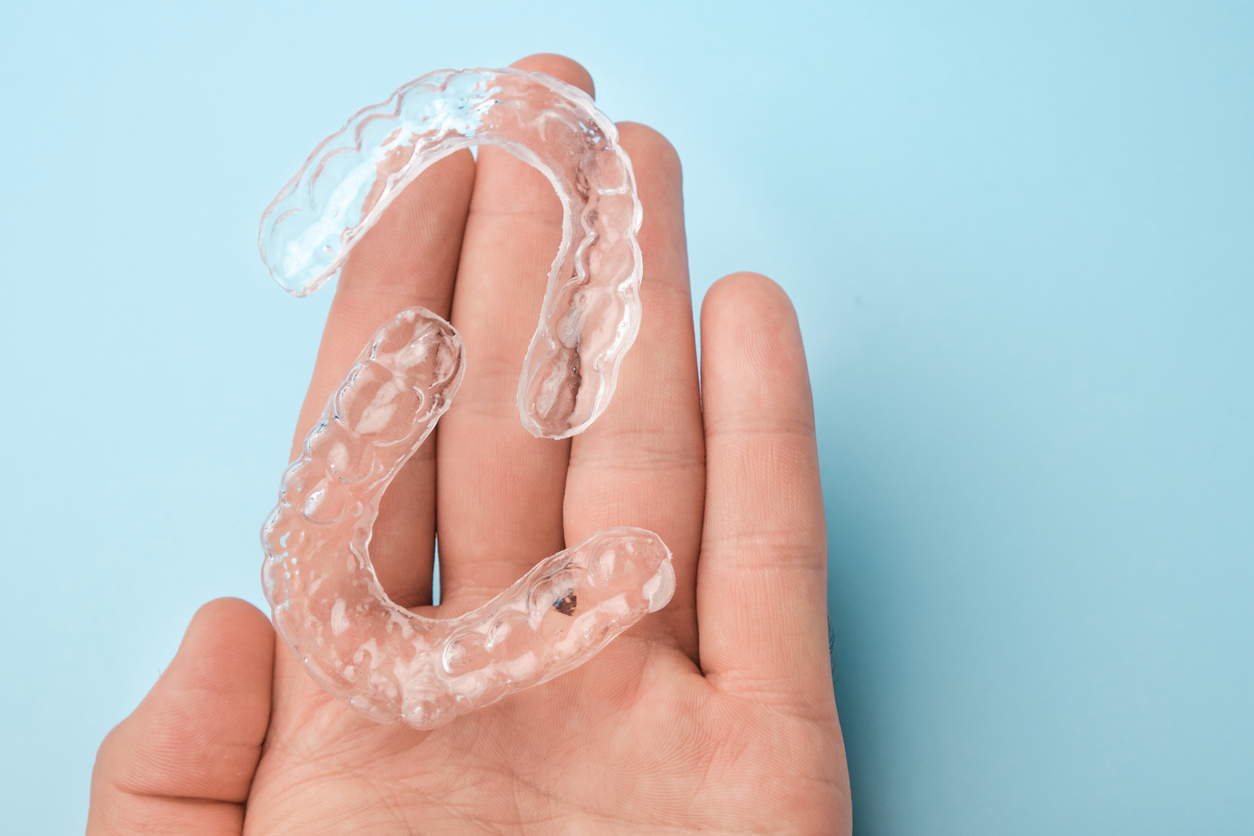Invisalign is a popular and convenient option for teeth alignment. Still, many individuals wonder if it will impact their speech. In that case, it’s essential to understand how it may affect your speech and what you can do to manage any changes. If you’re considering Invisalign or seeking information about orthodontic treatment, contact us at Making Smiles Hammersmith today.
Does Invisalign Cause a Lisp?
You may notice a slight lisp when you first begin wearing your Invisalign aligners. This is a common occurrence for most patients and is usually very subtle. The lisp occurs because the aligners, made of clear and flexible plastic, create a small change in the space within your mouth. As a result, your tongue may move differently, especially when pronouncing sounds like “S” and “Z.”
It’s important to note that not everyone is affected by this speech alteration, and even if you experience it, the changes are usually minor. You might be more aware of the lisp than those around you.
How Long Will the Lisp Last?
If you develop a lisp when wearing Invisalign, rest assured that it typically lasts only a few days. The key to overcoming it is to keep wearing your aligners and continue talking. Your tongue will quickly adapt to the new surroundings created by the aligners, and your speech will return to normal.
To speed up the adjustment process, consider practising pronouncing words that you find challenging. Writing them down and repeatedly practising them can be helpful.
If you have an important event or presentation and feel self-conscious, you can remove your aligners temporarily. However, it’s crucial to wear them for at least 20 hours every day to ensure the effectiveness of the treatment.
As you progress through your treatment and switch to new aligners approximately every 1-2 weeks, your speech should not be significantly impacted because the aligners maintain a consistent thickness.
Suppose you find that the lisp persists beyond a couple of weeks. In that case, it’s advisable to contact your orthodontist for guidance, as it may indicate an issue with the fit or placement of your aligners.
Tips for Managing Speech Changes with Invisalign
While experiencing a speech alteration with Invisalign is common, the good news is that it can be easily corrected within a few days. Here are some tips to help you adjust more quickly:
- Practise the pronunciation and enunciation of words you find challenging.
- Read aloud to yourself or others to become more comfortable with speaking while wearing the aligners.
- Engage in conversations with friends and family members to increase your speaking practice.
Seeking Professional Guidance and Considering Alternatives
Suppose your speech impediment still needs to be resolved after trying the suggested tips. In that case, it’s important to contact your dentist or orthodontist. They can evaluate if any adjustments need to be made to your aligners or address any concerns you may have.
Balancing Speech Changes with the Benefits of Invisalign
While Invisalign may initially cause minor speech changes, it’s essential to remember that these alterations are temporary and fade as your mouth adapts to the aligners. The numerous benefits of Invisalign, such as its discreet appearance and convenience, far outweigh these minimal speech adjustments. With the guidance of your orthodontist and a little patience, you can achieve the smile you desire while maintaining clear and confident speech throughout your Invisalign journey.
If you have concerns about how Invisalign may affect your speech or are considering orthodontic treatment in the Chorley area, Making Smiles Hammersmith can provide professional advice and personalised care, contact us today at 01257438767.


